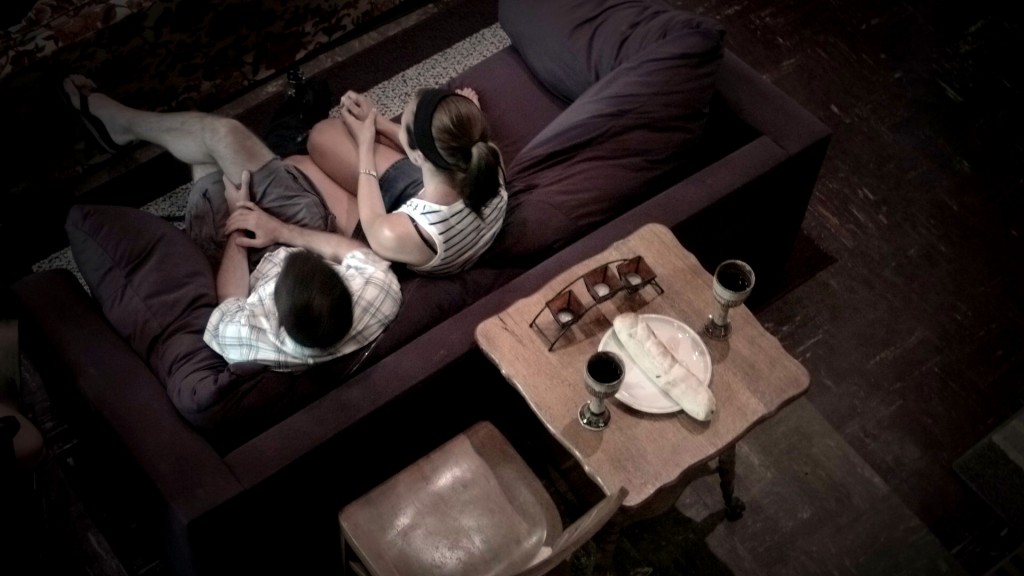* Never accept an interview without confirming a reporter’s identity and his or her current employer. Just because someone has written for the Associated Press doesn’t mean that he isn’t currently a blogger for PalinIsAWitch.org or something like that.
* Help reporters understand that private communications between clergy and the faithful are, in fact, privileged and guarded by the same kinds of laws that shield reporters and their sources.
* Keep contact information for community leaders — such as telephone numbers and email addresses for church elders — in a firewall-protected section of your congregation’s website. Post contact information for staffers who are prepared to handle media requests in a timely manner.
* Ask if reporters or producers have experience covering religion news. Some journalists sincerely want factual information that will help them cover a story fairly and accurately, while others “are in a hurry and they simply want what they want. You may think you’re helping them understand who you are and what you believe, but they just want a good quote and then they’re moving on,” said Kroon.
* It may help to post information about your denomination or tradition, including frequently asked questions about worship, media relations, how the congregation is governed and the meaning of unique terms (such as “born again” or “charismatic”) that newcomers will encounter.
* Understand that a two-hour interview may be reduced to 20 seconds and that the journalist decides what goes in that soundbite. So avoid lectures and focus on the key points that you need to make to explain your congregation’s point of view. It’s also important to remember that silence is the reporter’s problem, not your problem.











